Mr ID is pouring his worldview of “what it means to be Moroccan” into the music that he produces and performs regularly throughout North Africa and into Europe. His music largely encompasses Moroccan folk culture, expressing parts of his own identity as well as other minority groups throughout the region, particularly the spiritual music of the Gnawa. Every year, Gnawa music is becoming more and more internationally well known, and popular Gnawa songs are more frequently being sampled in electronic music tracks. But Mr ID doesn’t just have the samples – he records live with musicians, and plays live with them whenever he gets the opportunity. As a result, his music is some of the best Gnawa house coming out of Morocco right now.
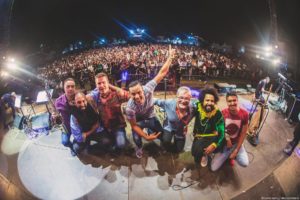
So who are the Gnawa and what is their music?
Gnawa performance is an embodiment of spiritual and cultural histories that interact between North and Sub-Saharan Africa. This history stems from forcing Sub-Saharan West African peoples into Morocco through the slave trade, particularly to Essaouira, a port city south of Casablanca, where the door of no return was located. For those who were able to stay in Morocco, after some time they began a syncretic process of assimilation where they became Muslim, but also incorporated their own traditional instruments and trance rituals into their worship. Morocco has come to celebrate Gnawa as a cultural and musical group that embodies Moroccan identity, and hosts a huge festival in Essaouira – the Gnawa Festival, which I was lucky enough to experience last in June – each year dedicated to the traditional and fusion musics that Gnawa genres include today.
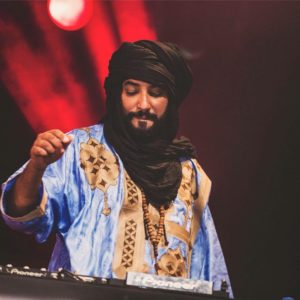
I spent some time in Morocco following Mr ID from Tanger to Marrakech to Casablanca, watching the way that he adapts to each of his crowds, and the way that they react to him and his music. During the days we spent together, I not only sat in on rehearsals, but he showed me his side of the cities we were in by winding me through the souqs and through imagination by the conversations we were having about music and creative work; by night he showed me around some of his favourite venues so that I could get a good idea of the scene’s social dynamics. His faithful community, who know all of the lyrics to the vocals on the tracks that he releases, are called “El Baraka Family”, and you can tell that they identify with the musical fusions that he creates in a particular way that promotes an inclusive environment for each of the different identities that Morocco encompasses due to its positionality on the edge of so many different environments, cultures, and nations.
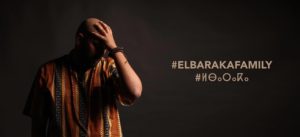
Mr ID’s latest EP, Omah, features Abdellah Ben Charradi‘s haunting voice and mandolin playing. As the title suggests in Arabic, the EP is dedicated to Mr ID’s mother, whom I had the pleasure of meeting during my latest fieldwork adventure around Morocco (and if you’ve experienced Moroccan hospitality, you know I was well fed and well taken care of – I also dedicate this article to her!). This new track and all of its brilliant remixes is also devoted to all the mothers and women of the world who have been continuously nurturing and supporting their families and extended networks throughout the course of their lives.
Become part of El Baraka Family today and support Mr ID’s music by purchasing Omah.
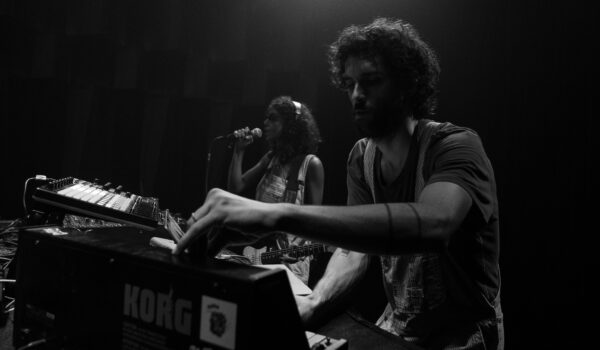
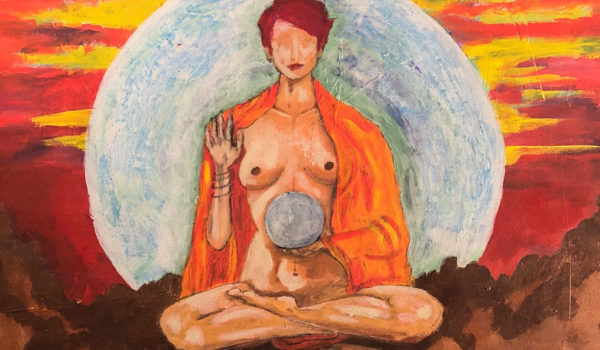
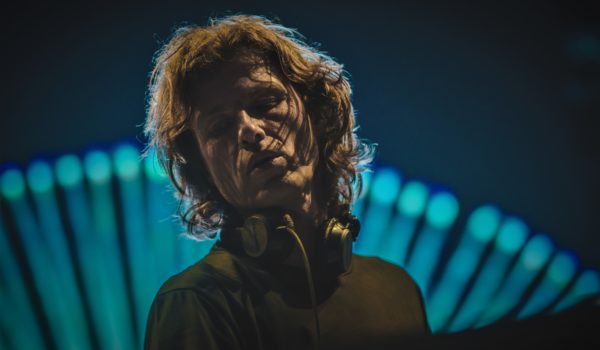
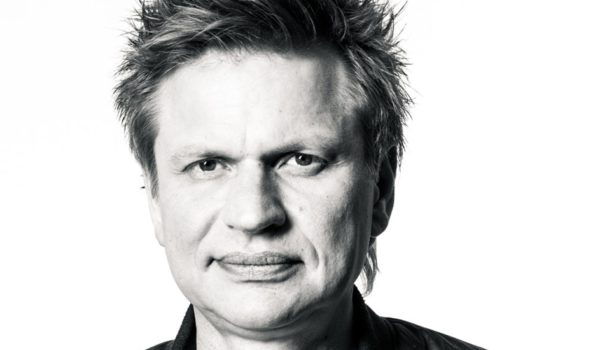
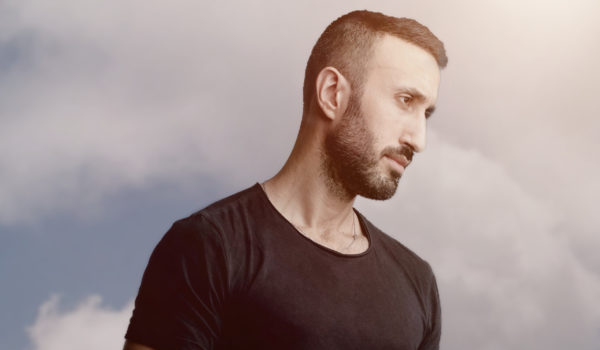
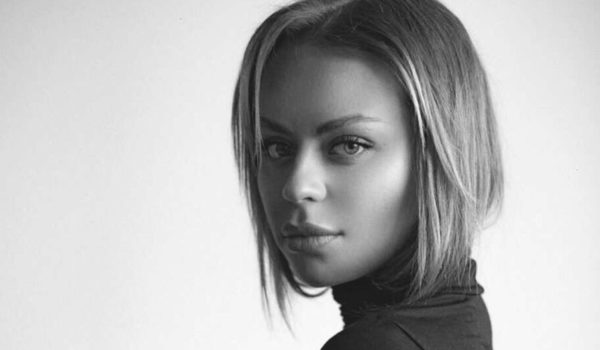
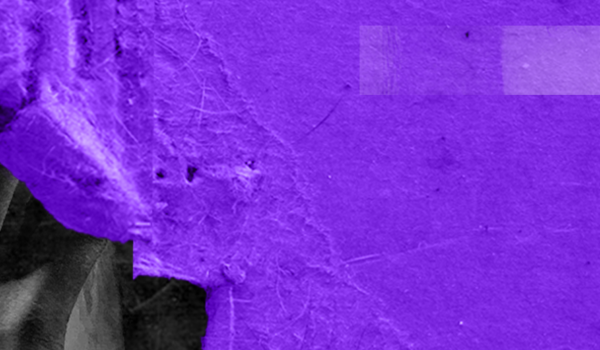

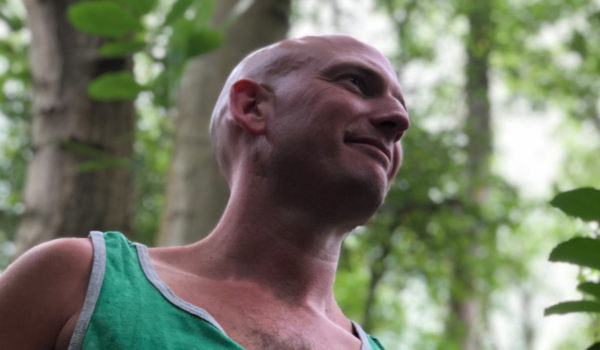
Comments